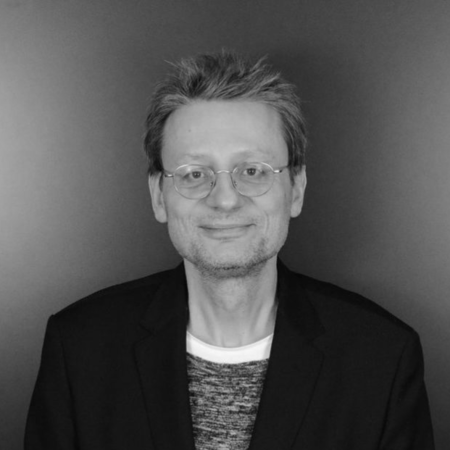Institute of Architectural Sciences
The Institute of Architectural Sciences (IAW) unites four departments with different methodical approaches based on science and applied technology on one hand, and on the humanities and social sciences on the other.
- Two Sections deal with the classical subjects of technical logics such as bearing-structure planning and building physics, supplemented by material-oriented fields such as building ecology and timber construction engineering.
- The subject digital architecture and planning works with special IT applications
- Architectural theory based on a scientific methodology deals with the role of technology in general and of architecture in specifics as related to society, the arts, and the sciences.
The term architectural sciences expresses the broadening of academic subjects pertaining to classical architectural technology by referring to the theory of architecture, and emphasises the common aim of using scientific methods in architecture.
In addition to the degree courses for Bachelor and Master in the Faculty of Architecture, the Section of Building Physics and Building Ecology has autonomously organised its own Master programme “Building Science and Technology”. Moreover, the IAW contributes to research and teaching in the Department of Planning and the Faculty of Civil Engineering and acts as a bridge connecting IT and geometry, the sciences and cultural studies.
The study course is engaged in attaining two fundamental goals. Firstly, it endeavours to support traditional design work in architecture, thus the strongly inductive solution of set tasks by technical and methodological expertise.
Nevertheless, because of job profile differentiation, there is a parallel movement setting development- and research-oriented task areas for architects that demand different educational concepts from the research-oriented study course. Here scientific methods are becoming pre-eminent, i.e. initially, by using existing knowledge, and afterwards by placing a stronger emphasis on solution-finding, optimisation and model-forming.
The IAW study course endeavours to convey an overview of the current state of the art in the relevant disciplines and then apply this in scientific planning tasks. Scientific Master’s theses are also mentored with similar knowledge-management approaches, enabling the student to cross the threshold into research practice. Besides the Master’s theses with pure planning tasks and which still form the great majority of Master’s theses in the Faculty, there is also a not insignificant number of “theoretical” Master’s theses, which are mostly supervised by IAW departments and which are also displayed in their own category in the Archdiplom exhibitions.
The transition to independent research then takes place in dissertations; a high proportion of dissertations in the Faculty is supervised at the IAW.
The IAW makes intensive use of the research context at the University of Technology and is committed to its goals, which give priority to sustainable development, information and communication technology, and cultural skills.
An over-proportional part of the Faculty’s publicly funded research and research commissions is dealt with at the IAW. A large part of the implemented research projects have an interdisciplinary and frequently a strongly international character.
The scientific standard needs comprehensive support and quality assurance, and therefore one of the imperative organisational objectives of the IAW is the introduction of quality management for the supervision of the next scientific generation.
Head of Institute

E259-02 Structural Design and Timber Engineering
